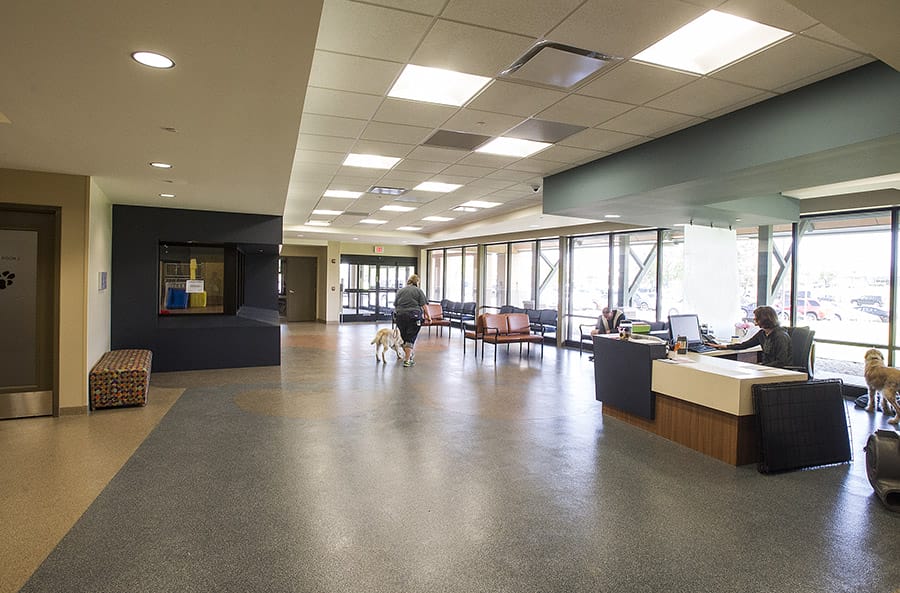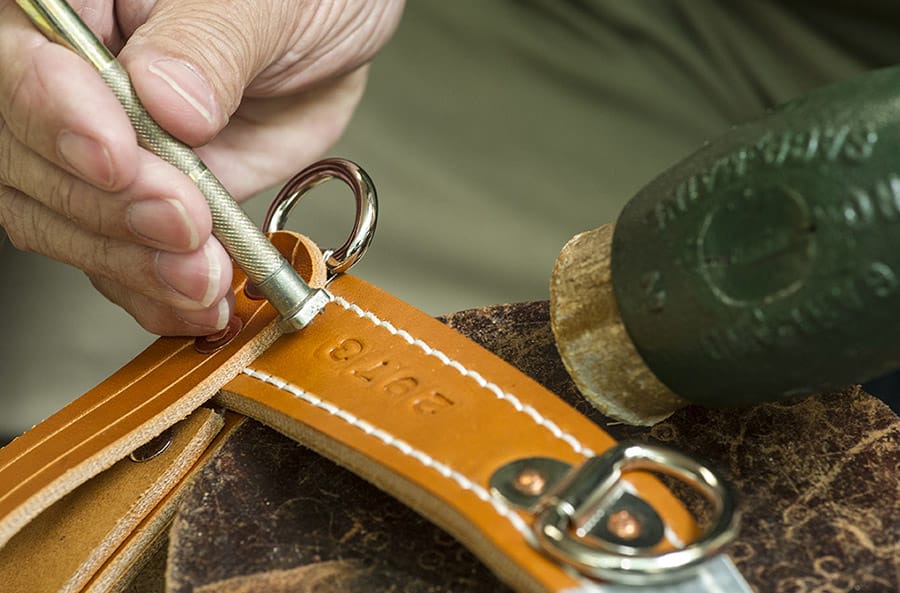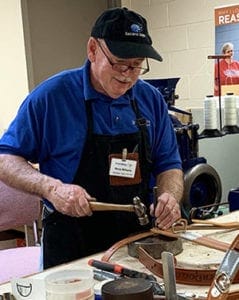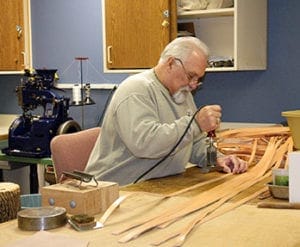
Just last week, the Leader Dog campus was bustling with activity. Guide dog mobility instructors worked with their dogs in training, preparing for the clients who were soon to arrive. Puppy raisers arrived for vet visits with their Future Leader Dogs. The client services team fielded calls from clients and entered new applications for our services. Various teams were getting ready to host events on campus: a career change orientation, a meeting for breeding hosts, a planned Lions campus tour, corporate leadership training sessions, a weekend of puppy raiser training.
Then, on March 10, two people in Michigan tested positive for COVID-19.
Leader Dog’s senior management team had already created a tiered plan for how Leader Dog would respond to the spread of coronavirus. Immediately, changes started. Team members who could work remotely were advised that they could do so. We canceled all upcoming on-campus events. We contacted our volunteers to stress that if they felt uncomfortable coming to our campus to fulfill their regular duties, they should stay home. More cleaning products and hand sanitizers were placed throughout our buildings. Our facilities team was hard at work wiping down common surfaces throughout the day.
Two days later, Governor Whitmer ordered the closure of all K-12 schools in Michigan. More team members prepared to work from home to take care of their children. Over the next three days, more measures were enacted: gatherings of 250 people or more were prohibited (this has now dropped to 50), restrictions against price gouging ramped up, and bars and restaurants were ordered to close.
Two of Leader Dog’s values are “do what is right” and “practice safety.” Our values are not marketing tools. They are the standard by which we make our decisions.
At that time, Leader Dog’s President and CEO, Sue Daniels, emailed the team to announce that working from home was mandatory until early April. March classes were postponed for all clients. Most of the team packed up and went home, knowing there would be no “business as usual” in the near future. But we also knew that it was the right thing to do. We are responsible not only to ourselves, but to everyone in the Leader Dog community: our clients, our puppy raisers, breeding hosts, on-campus volunteers, donors, Lions clubs, corporate partners, tour attendees, vendors—a huge network of people that make our services possible. We had to do what we could to reduce the risk for all those people too.
The pandemic and its fallout have continued to accelerate. More cases of COVID-19 are confirmed all the time, more businesses have shut their doors, and Americans were told emphatically: stay home. This is serious.
Life has changed for Americans in ways we never foresaw. Many things we took for granted, big and small, are no longer available. We can’t go out to eat. We can’t hit the gym. We can’t gather with our friends and families. Students can’t go to school. Our concerts, conferences, festivals, sporting events—all canceled. Some of us can’t work at all. Many of us are now experiencing the feelings of loneliness and isolation that many Leader Dog clients experienced when their blindness made it seem safer to stay at home.
This week, the Leader Dog campus is quieter, but not silent. Our dogs still need to be cared for, and our guide dog mobility instructors are still training them. Our vets are treating their canine patients. Our facilities need to be maintained for the day we all return.
Now, most Leader Dog employees are working by phone, email and video calls. Many things around us have ground to a halt, but our mission cannot. Achieving that mission is harder right now, but we are all committed to doing everything we can.
We are not alone. Our Leader Dog community has been incredible. Our puppy raisers, breeding hosts and on-campus volunteers have reached out to us to express support. They have adjusted their lives to accommodate our new safety protocols. Our clients, donors and supporters have contacted us to say thanks for taking action and tell us to stay safe. As we adjust to an unprecedented situation, we feel hopeful for the future of our organization and our mission.
We hope that all of you are finding ways to feel connected, comforted and safe during this challenge. We know that we will all come out of this stronger and ready to move forward from our interrupted lives. Stay safe, and be kind to one another.
We know this is a time of financial stress for many people, but we continue to rely on your donations to keep Leader Dogs for the Blind a world-class solution for independent travel for people who are blind or visually impaired. If you can support us today, please take a moment to make a gift. Thank you.



